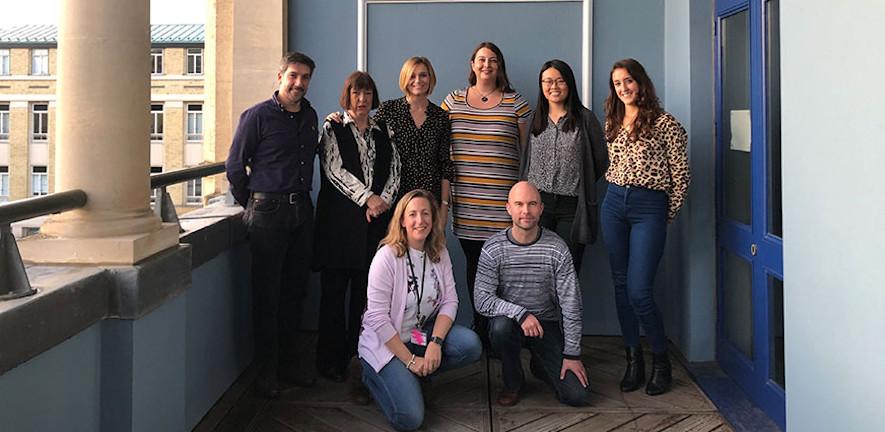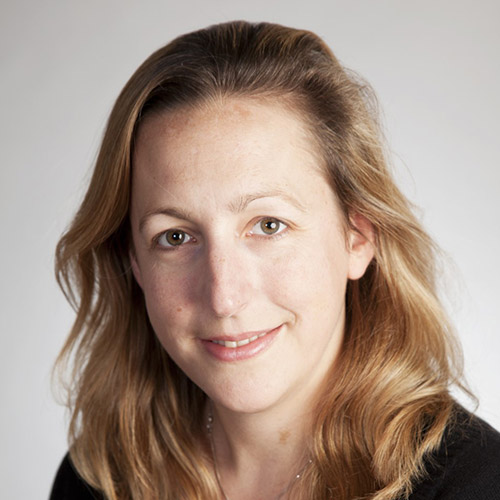
PharmEnable uses advanced medicinal chemistry and artificial intelligence approaches to design highly complex and specific drug candidate molecules, to help develop new therapies for conditions that currently have no treatment. The company will use the funding to invest in a pipeline of drug discovery programmes across a number of disease areas, including cancer and neurodegenerative diseases.
PharmEnable was co-founded in 2016 by then Spring Group Research Manager Dr Hannah Sore and postdoctoral researcher Dr Natalia Mateu, Professor David Spring, Dr Andreas Bender in the Department, and Dr Jelena Aleksic, who holds a PhD in Genomics and is a founding director of the Cambridge Rare Disease Network.
The round, which was significantly over-subscribed, was led by Cambridge Enterprise, the commercialisation arm of the University of Cambridge, and the University Enterprise Fund VI (managed by Parkwalk Advisors). The round was also supported by angel investors including serial entrepreneur and founder of Abcam Jonathan Milner, Cambridge-based entrepreneur and investor Andy Richards, David Ford, the family office of Paul Forster, Ian Tomlinson, Martlet Capital, and Wren Capital (the established London-based angel investor in science engineering and software businesses).
The PharmEnable platform technology can predict improved small molecule hits to targets across a range of disease areas. Its approach focuses on exploring and mapping the possible chemical universe to design novel small 3D molecules, which can be used to create drug treatments for otherwise incurable conditions. The platform consists of two parts: ChemUniverse, a diversity-focused virtual database of chemically diverse molecules; and ChemSeek, a suite of Artificial Intelligence methods and computational tools for finding and developing drugs from structure and ligand data.
Dr Hannah Sore, CEO of PharmEnable
 Now company CEO, Dr Sore said: “We have proven the strength of our platform in tapping unexplored parts of the chemical universe to find novel and specific hits for currently undruggable targets, and are excited to now be able to invest in our own pipeline of drug discovery programmes, as well as to develop further strategic partnerships.”
Now company CEO, Dr Sore said: “We have proven the strength of our platform in tapping unexplored parts of the chemical universe to find novel and specific hits for currently undruggable targets, and are excited to now be able to invest in our own pipeline of drug discovery programmes, as well as to develop further strategic partnerships.”
Dr Christine Martin, Head of Life Science Investment at Cambridge Enterprise said: “Cambridge Enterprise is really pleased to be investing in this exciting opportunity. To have closed the round during these last few months, and to have attracted such a strong investor syndicate, is a testament to the potential of the AI-enabled platform that PharmEnable has built. We are pleased to support the company in its transition to in-house drug discovery. We believe it will have significant impact through addressing undruggable therapeutic targets.”

